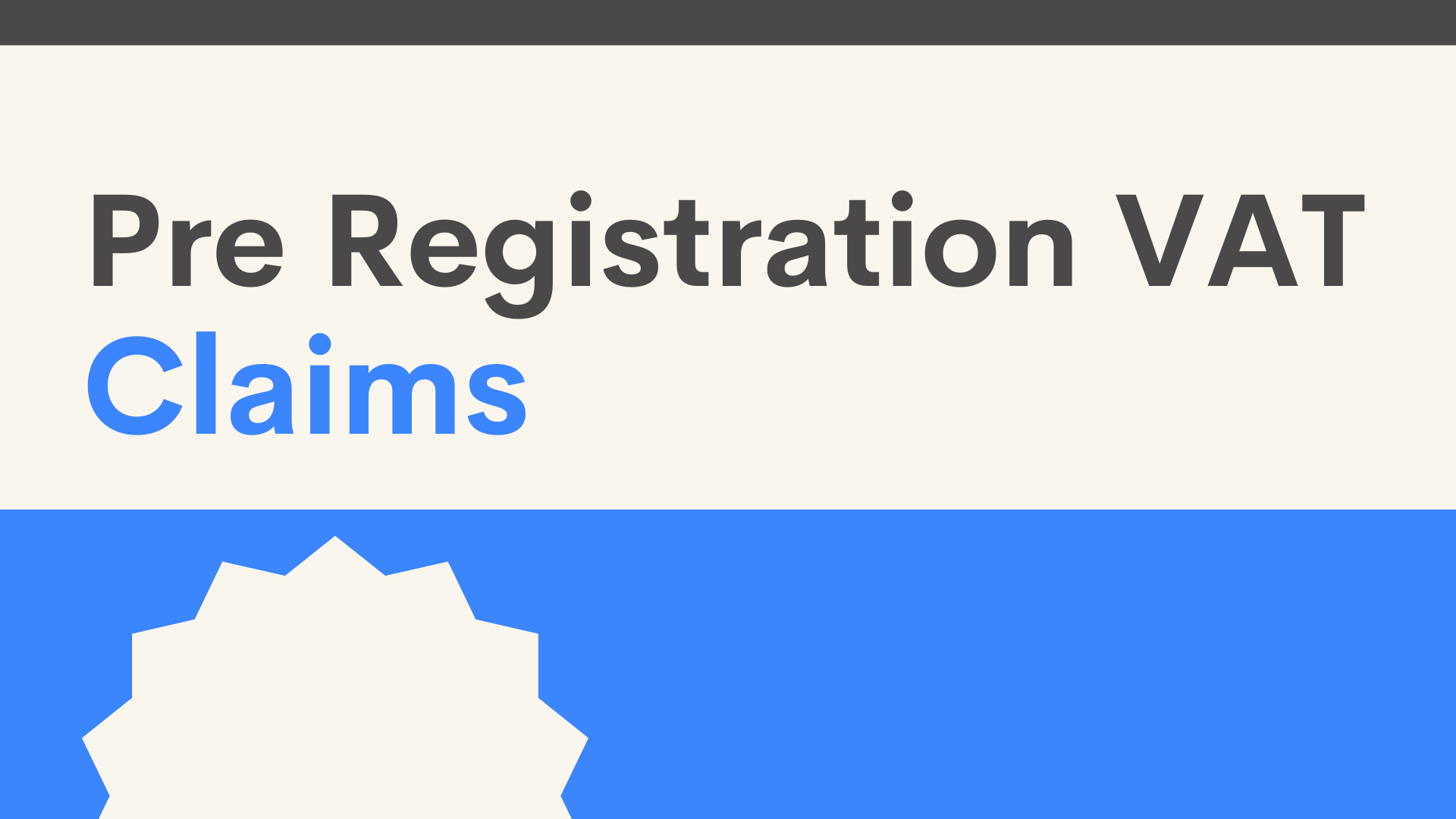There are many different company sizes in Ireland from micro, small, medium, to large. Some companies need to be audited, and others can avail of audit exemptions. In this blog post, we will discuss the requirements to include an Accountant’s report in a set of unaudited statutory financial statements of an Irish limited company.
What the the requirements of the CRO
The primary obligation of the board of directors of a company in Ireland is that the company keeps proper books of account which give a true and fair view of the company’s financial affairs.
“Companies are also required to disclose details of their financial statements at the Annual General Meeting (AGM) and to attach a copy of those financial statements to the annual return filed with the CRO. In addition, they are required to observe certain standards in the preparation of financial statements, following specimen formats and disclosing certain information by way of notes to the financial statements.
The Companies Act 2014 requires directors of all companies to lay the following financial statements and reports before the company members at the AGM:
- a profit and loss account (or an income and expenditure account if the company is not trading for profit)
- a balance sheet
- a directors’ report
- a statutory auditor’s report
The annual financial statements and directors’ report must be signed on behalf of the directors by two directors. (Where the company is an LTD Company, a Private Company Limited by shares, registered under the Companies Act 2014 and has only one director, the documents should be signed by the sole director).
The above-listed documents are required to be annexed to the annual return of a limited company on delivery to the CRO. (Small and Micro companies have certain exemptions). In addition, there must be a certificate, signed by both a director and the secretary, certifying that the financial statements and reports are true copies of those laid before or to be laid before the company’s AGM.”
However, not all companies are audited.
Depending on a number of factors such as size, a company could potentially avail of one of the following audit exemptions:
- Small Company Audit Exemption
- Dormant Company Audit Exemption
- Size /abridgement Exemption
In this case, there is no requirement to include a statutory auditor’s report in the set of financial statements.
Do you need to include an Accountant’s report in a set of unaudited financial statements?
Unaudited statutory financial statements are still usually prepared by an accounting practice for the vast majority of Irish companies. In place of the auditor’s report, instead they will place an accountants report that will include some disclaimers that cover themselves legally.
This does not however rule out a company from preparing their own set of unaudited statutory financial statements without the need of an outsourced accountant (if they have the capabilities in house).
The main deterrent for doing such a thing maybe that the directors will be on the hook if the books and records do not give a true and fair view of the companies results.
“If a company fails to comply with the requirements, the annual return will be rejected by the CRO. In addition the company and every officer of the company who is in default will be liable to a category 3 offence – fine not exceeding €5,000.”
Reasons you should still use an Accountant
Even though there are no legal obligations to include an accountant’s report in the companies set of unaudited financial statements, there may be other reasons why it is necessary:
Firstly, if the shareholders are not involved in the in the day to day running of the business, having an accountant going through the books can give them peace of mind that the directors they have engaged to run the business for them are meeting all of the required reporting requirements under the Companies Act 2014.
Many third parties such as banks, and creditors will often want to see a copy of your financial statements before doing business with you. These numbers will look far more legitimate if they are accompanied by an accountant’s report.
Disclaimer: this blog post is for informational and educational purposes only and should not be construed as financial advice.







